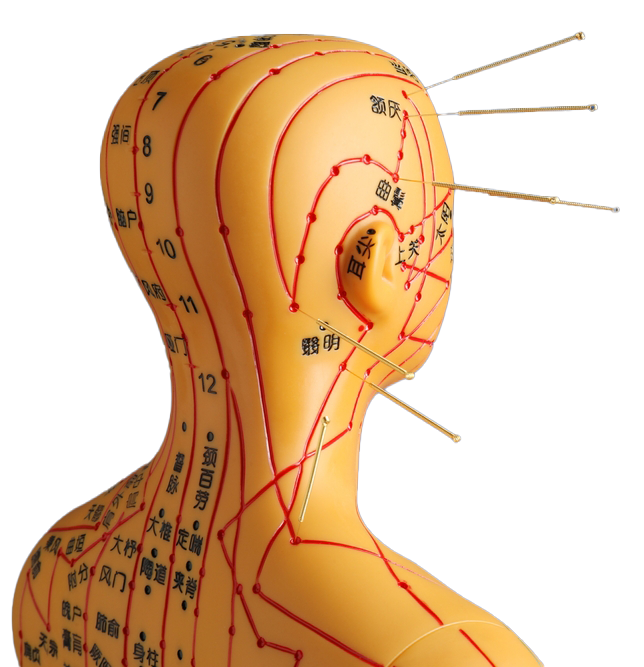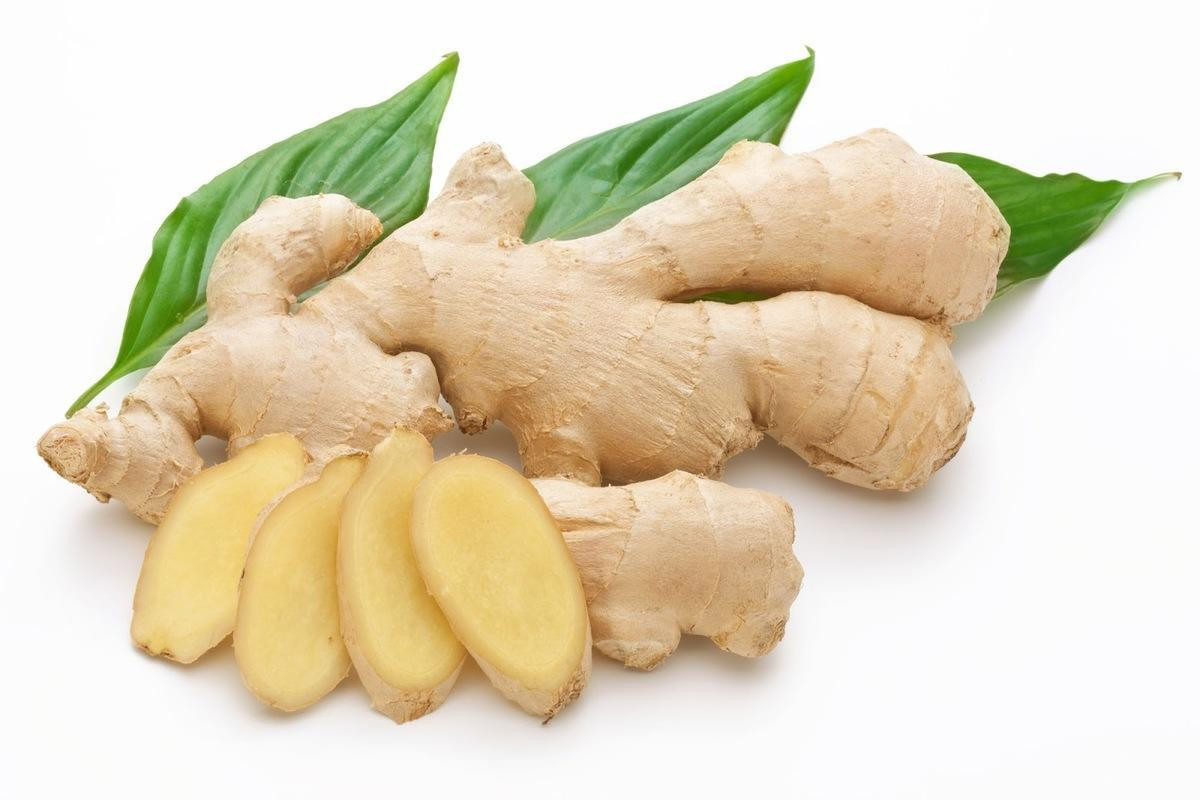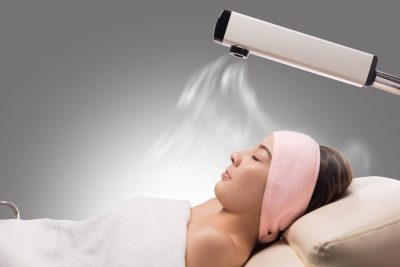- Facet joint Radiofrequency Thermocoagulation (RFT) Treatment
- Radiofrequency Thermocoagulation Dorsal root ganglion (DRG) radiofrequency thermocoagulation (RFT)
- Discitis Procedure
- Sacroiliac Joint Radiofrequency Treatment (Simplicity)
- In-Disc Ozone Therapy
- Nucleoplasty
- Transforaminal Injection (Pinpoint)
- Facet joint block
- Epidural Injection
Herbal solutions
- Home
- Complementary Medicine Methods
- Herbal solutions
Contents
Toggle- Creating an individualised treatment plan
- The role of different specialities (physiotherapist, orthopaedist, psychologist, neurosurgeon)
- Pain treatment during pregnancy
- Treatment of chronic pain in the elderly
- Pain management in children
- Stress management
- Healthy eating
- Ergonomic living arrangements
- Exercise and mobility
- Facet joint Radiofrequency Thermocoagulation (RFT) Treatment
- Radiofrequency Thermocoagulation Dorsal root ganglion (DRG) radiofrequency thermocoagulation (RFT)
- Discitis Procedure
- Sacroiliac Joint Radiofrequency Treatment (Simplicity)
- In-Disc Ozone Therapy
- Nucleoplasty
- Transforaminal Injection (Pinpoint)
- Facet joint block
- Epidural Injection
- Cancer pain
- Permanent Epidural / Spinal Port Application
- Vascular Port (Permanent Vascular Access)
- Trigeminal Nerve RFT
- Blockade of Ganglion Stellatum
- Lumbar Sympathetic Ablation
- Facet joint Radiofrequency Thermocoagulation (RFT) Treatment
- Radiofrequency Thermocoagulation Dorsal root ganglion (DRG) radiofrequency thermocoagulation (RFT)
- Hernia Burning (IDET)
- Discitis Procedure
- Sacroiliac Joint Radiofrequency Treatment (Simplicity)
- Permanent Epidural / Spinal Port - Pump System
- In-Disc Ozone Therapy
- Nucleoplasty
- Peripheral Nerve Block
- Transforaminal Injection (Pinpoint)
- Facet joint block
- Epidural Injection
- Intra-articular Fluid Treatment
- Dorsal root ganglion (DRG) radiofrequency thermocoagulation (RFT)
- Spinal cord stimulation (pain pacemaker)
- Ergonomic living arrangements
- Spinal cord stimulation (pain pacemaker)
- Nucleoplasty
- Radiofrequency ablation
- Herbal solutions
- Dry needle treatment
- Anti-ageing treatments
- Ozone therapy
- Cupping therapy - Cupping
- Mesotherapy
- Prolotherapy
- Acupuncture
- Stem Cell Therapy
- Nerve blockages
- Corticosteroid injections
- Massage and relaxation techniques
- Manual therapy
- Electrotherapy
- Neuropathic pain medications
- Anti-inflammatory drugs
- Muscle relaxants
- Painkillers (paracetamol, ibuprofen, etc.)
Herbal Remedies: Guiding the Power of Nature
In the hustle and bustle of daily life, in addition to medication and supportive treatment options, nature-inspired herbal solutions also stands out. Many traditional medical cultures have used herbs for centuries to relieve pain, strengthen immunity and manage the symptoms of various ailments. But how safe and effective are herbal remedies and in which cases can they be preferred? In this article, we discuss the basic principles of herbal treatments, common methods and points to consider.
1. What are Herbal Remedies?
Herbal solutions, plant origin raw materials in the form of teas, oils, extracts, ointments or capsules. It can be applied either as a single herb (e.g. ginger) or as a mixture of several herbs.
- Phytotherapy: The science of herbal treatments.
- Aromatherapy Applications with essential vegetable oils (essential oils).
- Homeopathy: The use of herbal and natural substances diluted in a special ratio (in the classical sense, herbal treatment can also be considered outside the scope of herbal treatment).
The most important difference between traditional and modern medicine is that in modern medicine the active ingredients are purified or standardised, whereas in herbal treatments the whole plant or extracted parts of the plant are usually used holistically.
2. Most Common Herbal Remedies and Uses
2.1. Ginger
- Benefits: It supports digestion, relieves nausea, contains anti-inflammatory properties that can help soothe joint pain.
- Usage Type: It can be added to meals as tea, fresh root grate or powder. Capsule forms are also available.
2.2. Turmeric
- Benefits: Thanks to its active ingredient called curcumin, it can have a strong antioxidant and anti-inflammatory effect. It is known to be good for stiffness and pain in the joints.
- Usage Type: It is popular to add it as a spice to dishes and to drink it as tea or golden milk.
2.3. Peppermint
- Benefits: It provides support against digestive problems, bloating and gas problems. It can also be useful in relieving headaches and migraine attacks.
- Usage Type: It can be taken as tea, essential oil (aromatherapy) or capsules.
2.4. Green Tea
- Benefits: Antioxidant effect with rich polyphenol content. It can help in weight control by supporting metabolism.
- Usage Type: It can be found in hot brewed tea or extract forms. It is important to consume with caution as it contains a large amount of caffeine.
2.5. Lavender (Lavandula)
- Benefits: With its calming and relaxing properties, it is supportive in complaints of stress, anxiety and sleep disorders.
- Usage Type: Tea, essential oil (aromatherapy), bath essences or skin products.
2.6. Thyme and Sage
- Benefits: With its antiseptic properties, it can be used as a digestive supporter in sore throat and mild respiratory tract infections.
- Usage Type: Tea, mouthwash, spices in food.
Advantages and Disadvantages of Herbal Remedies
Advantages:
- Natural and Traditional: Plants that have been used in different cultures for thousands of years have benefits that are fixed by experience.
- Less Chemicals: It offers the opportunity to minimise the synthetic additives in many medicines.
- Widespread Access: It can be easily found in most supermarkets, herbalists or pharmacies.
Disadvantages:
- Dose Adjustment: The active ingredient of each plant is different and it is difficult to determine a standard dose. Overuse or interactions can be harmful.
- Drug Interactions: Some herbs may interact with blood thinners, blood pressure medications, diabetes medications, etc.
- Side Effects: "Natural" is not always harmless. Allergic reactions or liver and kidney overload may occur.
Things to Consider
- Doctor's Approval: Especially those with chronic diseases, pregnant-breastfeeding women and advanced age groups should get expert opinion before using herbal products.
- Quality Product Selection: Choosing standardised products sold by trusted brands or pharmacies reduces the risk of possible counterfeiting and poor quality ingredients.
- Side Effect and Allergy Warning: When you try a new herbal product for the first time, start with small amounts and observe your body.
- Staying on Treatment: In most cases, herbal supplements do not replace conventional medical treatment, but only complement it. Stopping medication prescribed by a doctor can have serious consequences.
- Nutrition and Lifestyle: Herbal remedies become more effective when they are supported by healthy living habits such as regular exercise, balanced nutrition and avoiding stress.
5 Recommendations When Choosing Herbal Remedies
- Research Before use, familiarise yourself with the plant's active ingredients, potential benefits and risks.
- Quality Certificates: Prioritise products that are certified organic or from trusted producers.
- Clear and unambiguous labelling: Do not buy without reading information such as content, place of production, expiry date.
- Expert Advice: It is always safest to seek the advice of a dietician, pharmacist or doctor who is knowledgeable in phytotherapy.
- Regular Follow-up: After starting the application, follow the effects on your body and share them with the expert if necessary.
Conclusion
Herbal remedies are an important part of the traditional knowledge from ancient times to the present day, reflected in modern life. Using the right herb, in the right dose and in the right way can provide a supportive effect in many ailments. However, do not forget that "natural" does not always mean risk-free. Especially for those with chronic diseases or those who regularly use medication, it is critical not to start without consulting a physician and to take into account possible interactions. While wanting to use the richness of nature for a healthy life, it is the wisest approach to benefit from scientific knowledge and expert opinion.
Our treatments
- Home
- Complementary Medicine Methods
- Herbal solutions





